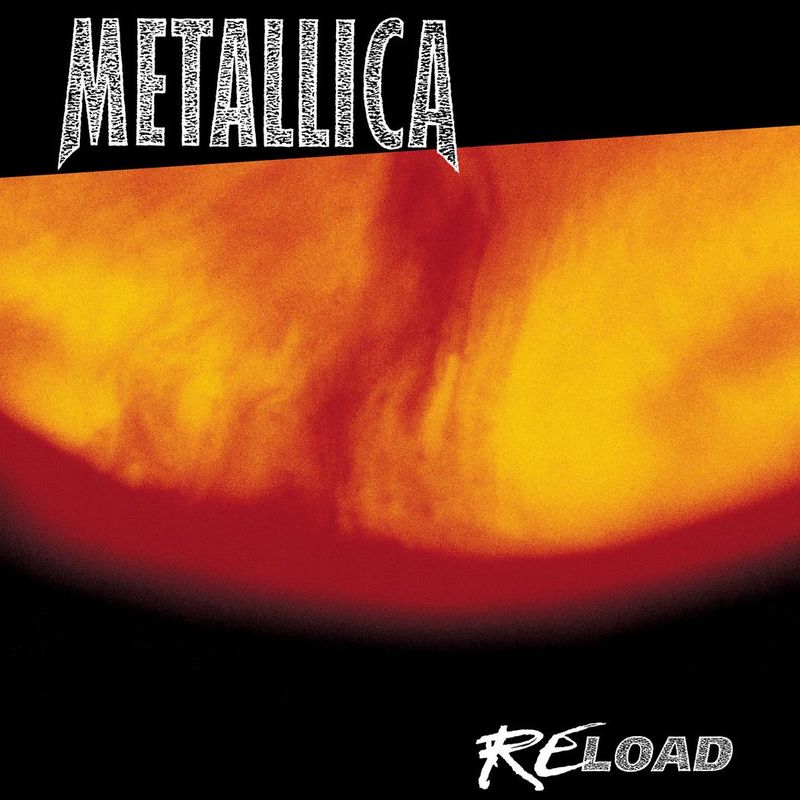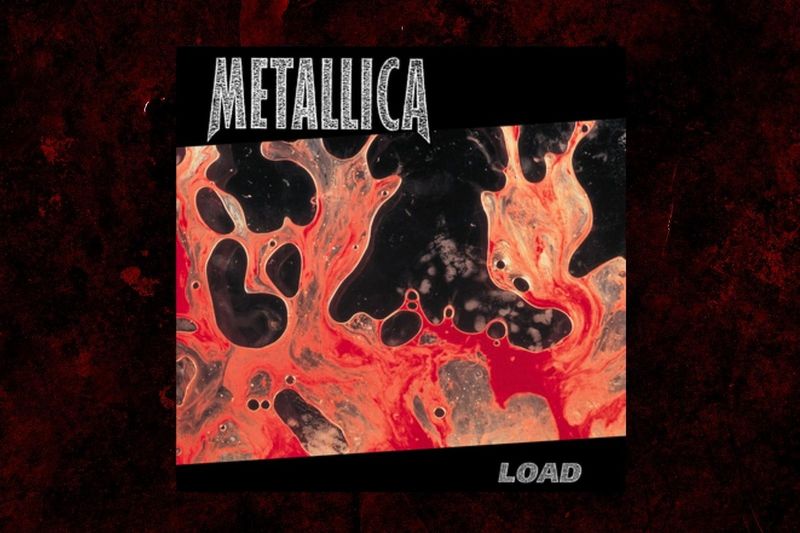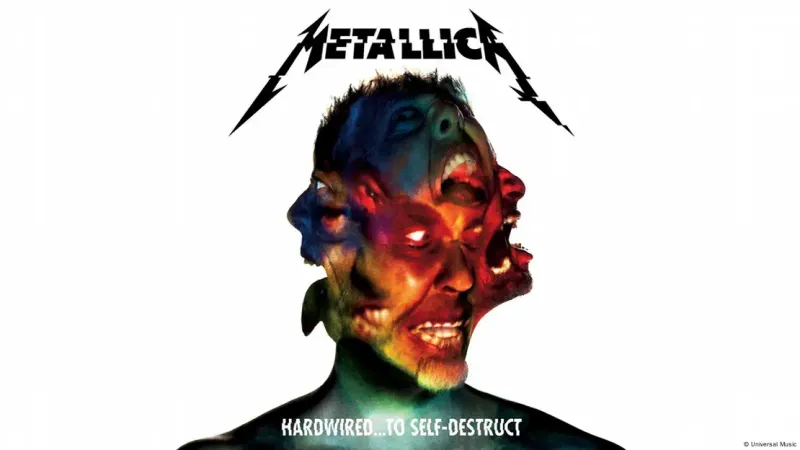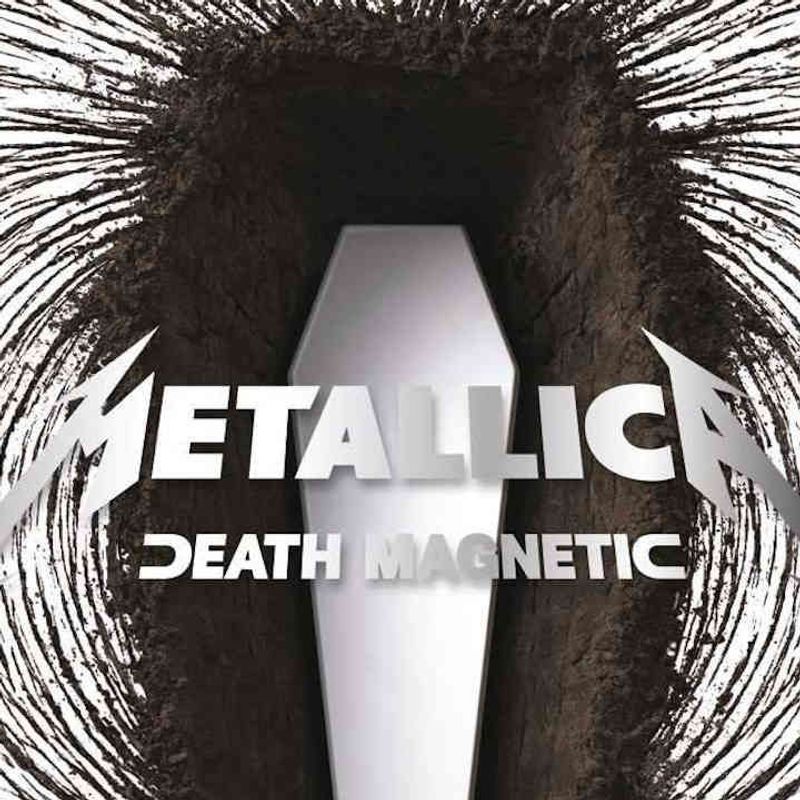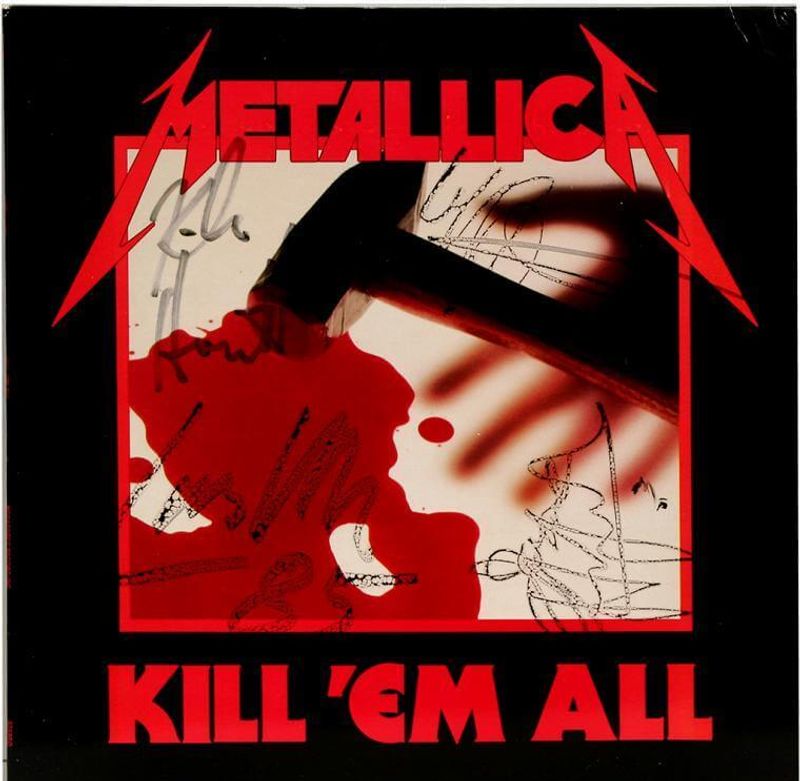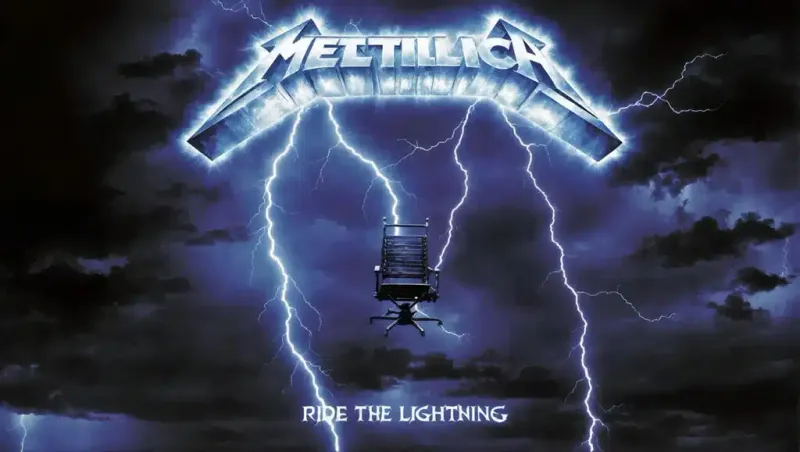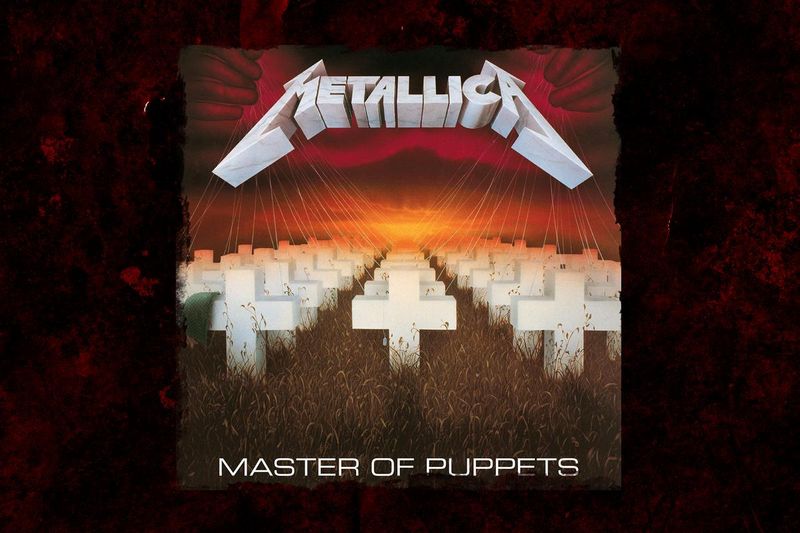Explore the evolution and iconic moments of Metallica’s discography through this detailed ranking of their 11 studio albums.
From the raw energy of their debut to the polished power of their later works, each album offers a unique glimpse into the band’s musical journey.
11. St. Anger (2003)
Known for its notorious tin-can snare and lack of guitar solos, St. Anger is polarizing. While some appreciate its brutal honesty and raw production, others find it nearly unlistenable. The album’s aggressive sound and unrefined edge mark a departure from Metallica’s earlier works. Despite its divisive nature, St. Anger captures a moment of vulnerability in the band. It’s an album that dared to be different, even if it meant polarizing its audience.
10. Reload (1997)
Reload often feels like an unnecessary extension of its predecessor, Load. While it contains some standout tracks, the album largely lacks the punch and excitement of Metallica’s earlier offerings. Fans were divided over its more laid-back and bluesy influences. The album represents a transitional period for the band, experimenting with a new sound that received mixed reviews. Reload may not be their strongest work, but it adds depth to their catalog.
9. Load (1996)
With Load, Metallica ventured into bluesy hard rock and alternative metal, leaving some fans longing for their thrash roots. The album’s variation in style was a bold move, reflecting a band unafraid to evolve. While some appreciated this shift, others were left yearning for the intensity of past albums. Load showcases a band in artistic transition, embracing change. It remains an interesting and important part of Metallica’s discography, offering something distinct.
8. Hardwired… to Self-Destruct (2016)
Hardwired… to Self-Destruct marked a return to Metallica’s roots with tight riffing and aggression. The album captures the essence of their early thrash sound while integrating modern elements. Despite being overly long and inconsistent in places, it delivered the intensity fans craved. The album represents a matured band reconnecting with its core identity. It’s a blend of past and present that resonates with both longtime fans and new listeners.
7. Death Magnetic (2008)
Death Magnetic signifies Metallica’s return to their thrash metal roots, with solid songwriting and renewed energy. The album’s loud, compressed production may have drawn criticism, but its musicality remains strong. Fans appreciated the revived intensity and complex arrangements. Death Magnetic is a testament to Metallica’s enduring ability to innovate within their classic sound. The album reaffirms their place in the metal pantheon, rejuvenating their legacy with vigor.
6. 72 Seasons (2023)
72 Seasons showcases a modern Metallica, heavy and focused, offering a more cohesive sound than recent efforts. The album features standout tracks, reflecting a mature band in their artistic stride. Though not quite reaching the heights of their early classics, it demonstrates Metallica’s evolution. 72 Seasons is a solid addition to their catalog, highlighting their ability to adapt and thrive. It’s an album that resonates with fans looking for depth and power.
5. Kill ‘Em All (1983)
Kill ‘Em All remains a groundbreaking debut, setting the stage for thrash metal with its raw and aggressive sound. Featuring classics like “Seek & Destroy,” it showcases a band full of youthful energy and ambition. The album’s unrefined edge is part of its charm, offering a snapshot of Metallica’s beginnings. Kill ‘Em All may lack the polish of later works, but its influence on the genre is undeniable. It’s a vital piece in the metal mosaic.
4. …And Justice for All (1988)
Known for its complex and ambitious compositions, …And Justice for All is a musical tour de force. The album’s dry production and missing bass have sparked debate, yet its intensity remains unquestioned. Themes of political justice and societal critique resonate throughout. It captures Metallica at their most intricate, pushing the boundaries of metal. …And Justice for All stands as a testament to their innovative spirit and relentless drive.
3. Metallica (The Black Album) (1991)
The Black Album marked Metallica’s mainstream breakthrough, bringing metal to the masses with hits like “Enter Sandman.” Polished and accessible, it divided hardcore fans but solidified their global dominance. Its melodic approach broadened their appeal without sacrificing power. The album’s influence on rock and metal is immense, shaping the genre for years to come. The Black Album remains a cornerstone of Metallica’s legacy, iconic in its craftsmanship and reach.
2. Ride the Lightning (1984)
Ride the Lightning represents a significant leap in Metallica’s songwriting and depth. With tracks like “Fade to Black” and “Creeping Death,” it blends melody with metal ferocity. The album’s sophisticated structures and lyrical themes highlight the band’s growth. Ride the Lightning is a seminal piece of Metallica’s journey, showcasing their ability to balance intensity with musicality. It remains a fan favorite, admired for its innovation and emotional impact.
1. Master of Puppets (1986)
Considered a thrash metal masterpiece, Master of Puppets is Metallica at their creative peak. The album’s powerful riffs and profound lyrics reflect a band in full artistic flow. Known for its precise production and thematic depth, it remains a definitive work in the genre. Master of Puppets showcases Metallica’s technical prowess and visionary approach. It’s an album that continues to inspire and captivate, standing as an enduring symbol of metal excellence.


